We have been so excited to write this blog since the start of the year – there is so much packaging news to share and it feels like companies are getting more and more innovative every day (truly it feels like we hear about a new product once a week and keep editing this post, but it’s time to finish… for now)!
There is an undeniable consensus that we have a huge plastic problem and OVER half of all plastic pollution is from packaging. [source]
There is a movement to place more pressure on manufacturers to take back their packaging and let them deal with the burden of all the trash they’re producing to bring their products to market. For years, manufacturers of products with plastic packaging have actually touting their recyclability, but buzzwords like “recyclable” have begun to mean absolutely nothing (OK fine, it’s *something* - “recyclable” plastic gets one star). To even begin to make a dent, we have to stop producing the plastic in the first place because we have nowhere and no one to recycle it all. What we really need are products with compostable packaging or zero waste.
‘Loop’ is the kind of idea that gets me crazy excited
A coalition of giant brands is promising to change how we shop, with a new zero-waste platform. Loop will launch its first pilots this year: “While recycling is critically important, it is not going to solve waste at the root cause,” says Tom Szaky, CEO and cofounder of TerraCycle, a company that is known for recycling hard-to-recycle materials, and one of the partners behind the project.
– Fast Company [read more here]
I’m not the only one excited… there’s even more Loop news here:
"By mid-May, products from Loop will initially be available online to customers in Paris … and … in New York, New Jersey and Pennsylvania. TerraCycle is finalizing grocery partnerships in the U.S. and Toronto, adding distribution through London’s Tesco later this year, and targeting Tokyo in 2020. Loop will collect a refundable deposit that customers will get back when they return their containers. UPS will pick up the empties for no additional charge."
Tiny Products, Big Culprit: Health & Beauty Packaging
The HBC/HBA industry (health & beauty care/health & beauty aids) has huge strides to make in this area and some companies are already taking the lead.
Lush has a “naked” line of products with no packaging at all and they are gaining in popularity, buzz, and market share. “When we can’t eliminate packaging completely (like in the case of shower gels or gift boxes), we use only recycled, recyclable, reusable or compostable materials, like our post-consumer recycled plastic bottles and biodegradable bags.” Read more about their fresh take on packaging: When it Comes to Packaging, Less is More & Reduce Packaging Waste with Lush
Lush also accepts their pots back as well and will give you a free face mask when you bring in five (see 5 Pot Program).
Austin, Texas-based cosmetics company Everyday Minerals also takes back their empty packaging, and will send you a free full-size blush in exchange for 12 empties (plus, their makeup is vegan, sustainable, and cruelty-free too). Read more about the company’s values here.
The Dirty Business of Cleaning Products
Think about some of the biggest pieces of plastic you put in your recycling bin - laundry soap and other cleaning product bottles are probably some of the worst offenders.
Home cleaning product startup cleancult is selling its soaps and cleaners in milk cartons, which we think is really cool. (In fact, a LOT of things that are typically sold in plastic packaging could be sold in paper cartons. Find alternatives – they exist!)
This clothing tag is actually a dissolving detergent sample from Unilever; unfortunately it’s only being trialled in Beirut for now, but we love seeing out-of-the-box ideas like this and wouldn’t be surprised to see more things like this in the future.
So what does all this mean for design?
There will be cost variations and printing limitations for manufacturers to consider when planning to switch packaging materials. Let’s face it: plastic is cheap and so are plastic labels - we don’t expect those to go away anytime soon. But we do expect to see a lot more brands make the move to paper, glass, and aluminum packaging.
Designers need to be aware of how their perfectly-picked colors will print on natural paper stock or cardboard vs. bleached white paper, or how the colors will need to be altered to achieve the desired effect on aluminum or metal. We’ve also been noticing folks having fun with their barcode shapes lately (Kodiak Cakes and Mother Beverage shown here).
MORE PACKAGING NEWS:
Eleven companies take major step towards a New Plastics Economy
Eleven leading brands, retailers, and packaging companies work towards 100% reusable, recyclable or compostable packaging by 2025 or earlier. Amcor, Ecover, evian, L’Oréal, Mars, M&S, PepsiCo, The Coca-Cola Company, Unilever, Walmart, and Werner & Mertz – together representing more than 6 million tonnes of plastic packaging per year.
The world’s largest packaged food company will ditch single-use plastic
Nestlé will say goodbye to straws beginning this year, and some plastic bottles by 2025, but hopefully we’ll see an even greater commitment from the company soon. Either way, when you produce as much plastic packaging as Nestlé, something is better than nothing for now.









